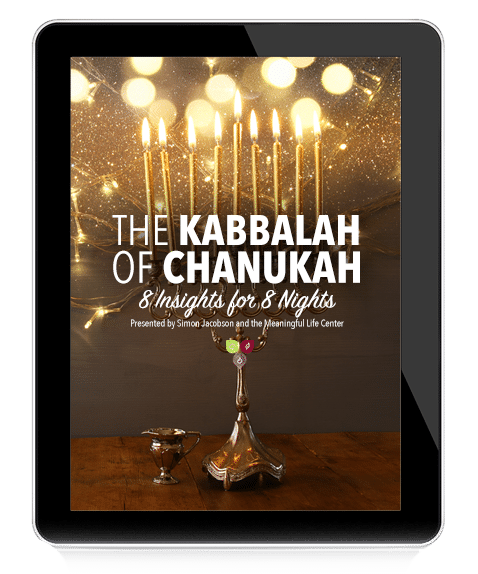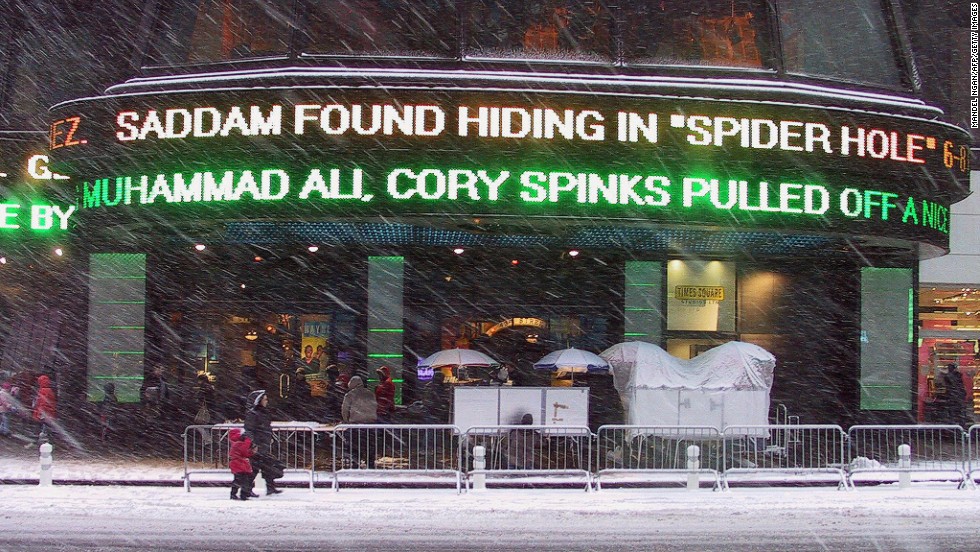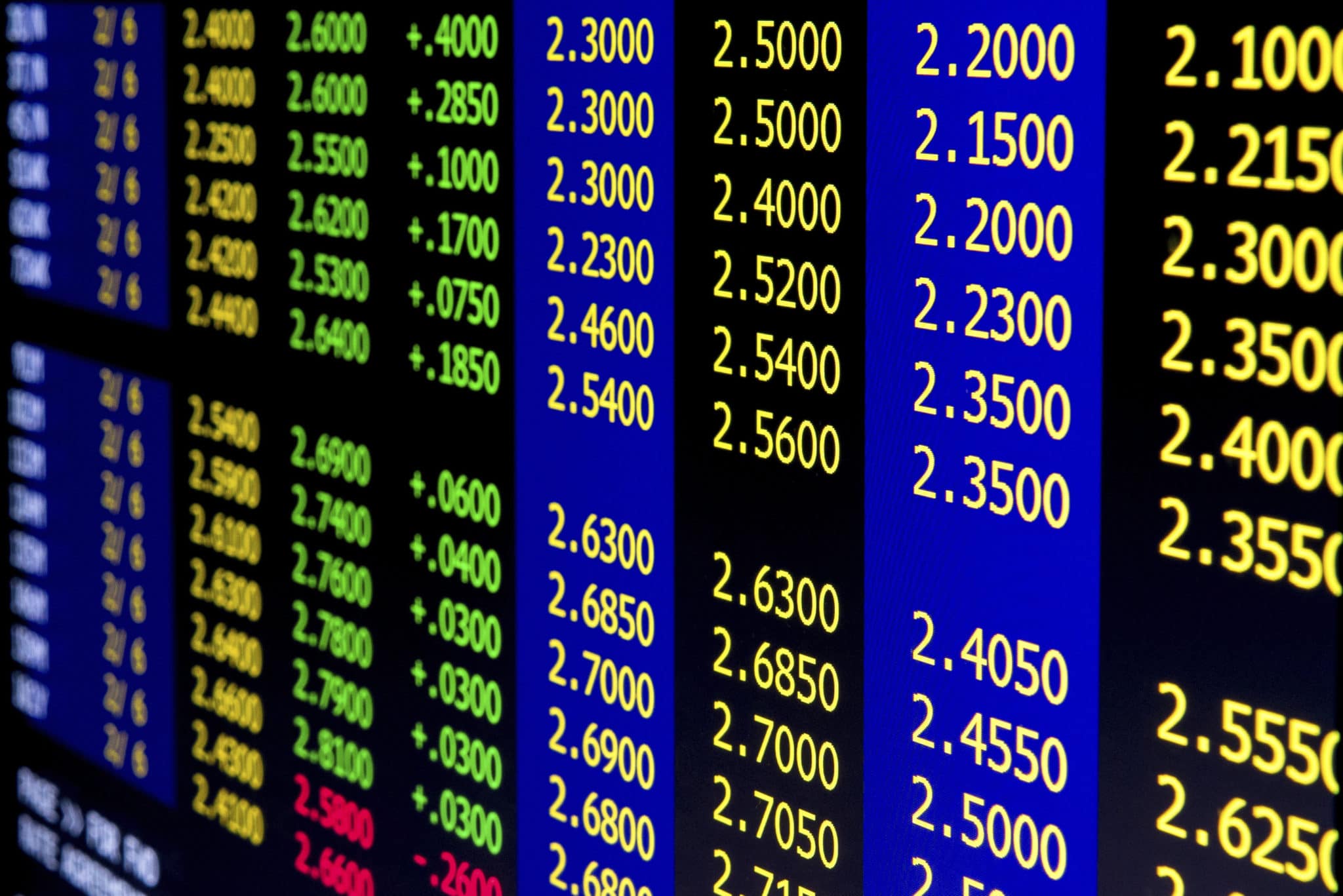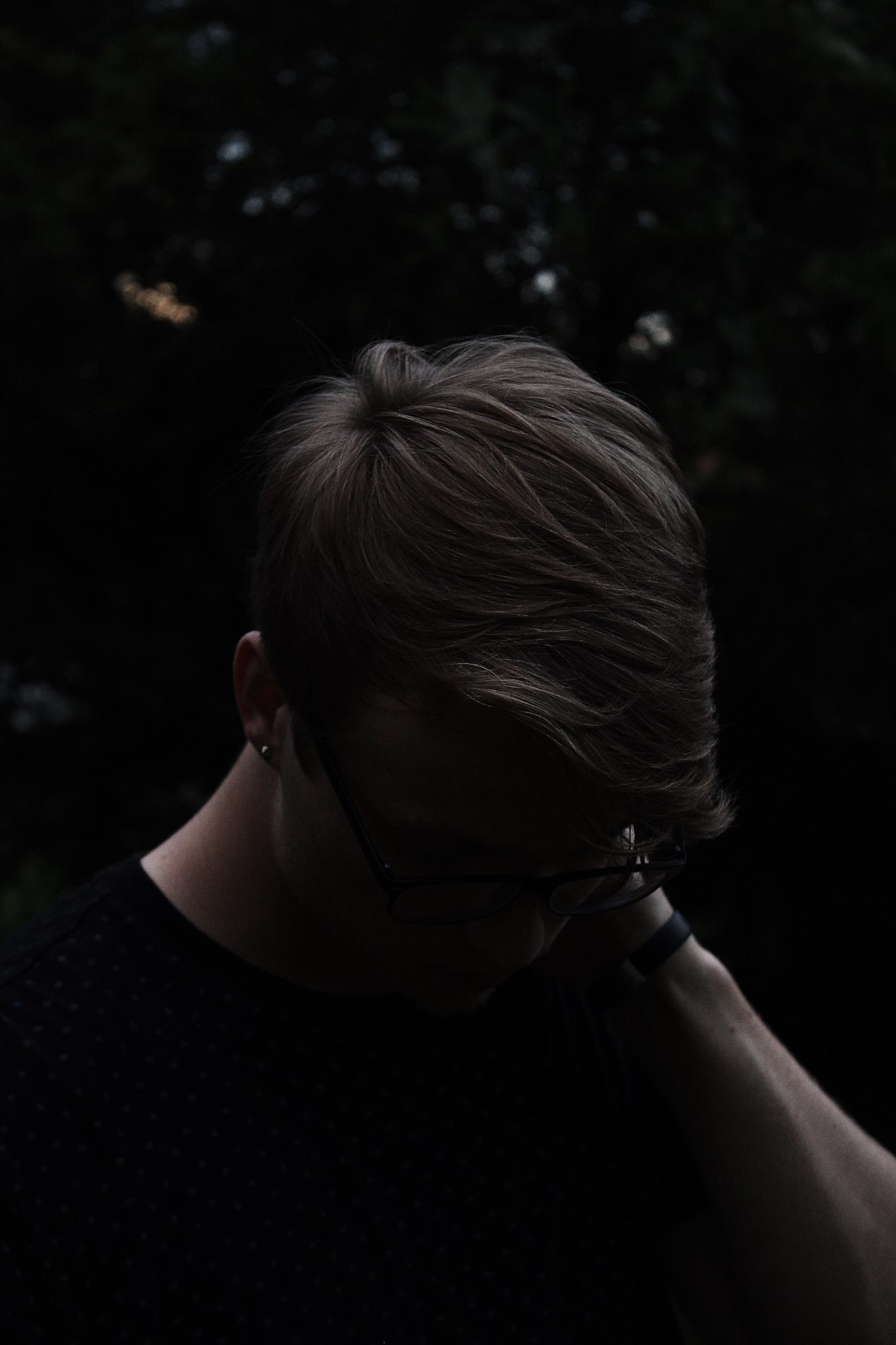Have you ever heard of a didgeridoo?
Is it a bad cough, a mutant kangaroo, a new type of blackberry?
Here’s a hint: It’s over 1500 years old. Made from a tree. And gives off a droning sound. But there is one older instrument, made from an animal and gives off a piercing sound. What is it?
A didgeridoo, also known as a didge, is considered to be the world’s oldest wind instrument. It is usually made from a branch of the Eucalyptus tree, which has had its interior hollowed out by termites. The didge is usually around 4-5 feet long and looks like a long wooden horn, open at both ends. The didgeridoo player places his mouth on the mouthpiece end of the didge, and the droning sound it gives off is produced by his continuously vibrating lips using a special breathing technique called circular breathing. The drone takes on different variations and sound effects, based on the player’s lip vibrations and tongue movements.
Why am I writing about the didgeridoo? Because by Divine Providence, our Chanukah party next week will feature this unique wind instrument, among other exotic and eclectic surprises.
One of our great challenges today is finding ways to bring our ancient traditions alive and relevant. Relevant is the key word. For many people today ritual has been rendered into a mechanical and even dogmatic routine, only serving to alienate those seeking something deeper, something more spiritual.
This is quite a tragedy, with far reaching consequences. It’s one thing if the age-old traditions had no soulful meaning beyond commemorative and nostalgic value. The fact, however, is that our holidays and customs are actually powerful spiritual tools. They allow us to access and manifest our deepest potential, and help us align our psychological and emotional lives with our existential needs, creating a balanced life – fusing body and soul, matter and spirit.
How much time and anguish would be saved – not to mention money paid to therapists – if we just knew how to tap the potent spiritual strengths within our rituals?
I have taken this schism between the ritual and the spiritual as a personal challenge – to come up with creative ways that can celebrate the profound soulfulness and energy contained in what can otherwise be seen as hollow traditions.
By no means is this an easy task. It requires a careful balance between the old and the new; between innovation and maintaining, without compromise, the integrity of the original. Our systems today often err to one extreme or the other. Many disciplines today, in their attempt to modernize religious structures, can become so contemporary that they dilute or lose the integrity and spirit of the original. Others, in their attempt to protect religion and their fear of change, can become so rigid and inflexible, to the point that tradition becomes so mechanical, routine and dogmatic, that the spirit and soul is often lost or asphyxiated.
How to create a dynamic and spiritually charged experience while upholding the highest standard of quality control is the key challenge.
You may be surprised to hear that the word “halacha,” which means law in Hebrew, can also be pronounced “halicha,” which means movement. Usually people think of “law” as rigid, inflexible, unmovable. Yet, the law of “halacha” is realizing its fullest potential, and living up to its name, only when it compels us to travel to new places!
Think of it like musical notes, which on one hand are immutable and do not change by whim, yet at the same time create majestic music, which transports us to another time and space, or even beyond time and space.
Imagine, then, a mitzvah – which means “connection” – as a vehicle that transports (and connects) and takes you on a spiritual journey to hitherto unprecedented heights.
Chanukah – a time when people celebrate and are open to new ideas – is an excellent opportunity to experiment with innovative ways to bring alive the story and holiday of Chanukah, in ways that resonate and transform our personal lives.
In this spirit, our Chanukah event this year is an attempt to do just that. Chanukah in essence is the story of discovering light within darkness, and then turning that light into a perpetual flame that prevails over all challenges. After the Temple was desecrated and all pure olive oil defiled, they miraculously discovered a small cruse of pure olive oil. Then, in another miracle, the bit of oil burned for full eight days.
What relevance does this have in our lives today? Is there more to Chanukah than commemorating an ancient miracle? Answering this precise question ought to drive us to create a deeply meaningful, as well as energizing Chanukah experience – one that stimulates our senses and our souls.
Hence, the didgeridoo…
Titled “Light In Motion: The Story of Our Lives In Three Movements: Shadow, Spark, Illumination,” our MLC Chanukah event this year will be an interactive Chanukah party and theatrical/musical experience. Through narrative, song, music and drums – and the haunting drone of the didgeridoo – this evening will play out the drama of traveling from the shadows of doubt, to the discovery of a ray of hope, to fanning the spark into an illuminating and enduring flame.
Earlier this week we ran a rehearsal of our program, which combined – in quite a fascinating way – Chassidic melodies and chants, virtuoso guitar chords, with Brazilian and Spanish inflections, African drum beats, and the primal didgeridoo.
During the rehearsal I learned that the price for didge’s range from $500 to $10,000, depending on the extent of the termites ravenous feast on the insides of the branch. Wow, I never imagined that those pesky termites could add so much value…
So, coming this Wednesday, December 16, at MLC@ 6th, in New York City’s East Village, we will be having a an extraordinary Chanukah party, with all the “regular” components – Menorah lighting, latkes, donuts, drinks, festivities – infused with some unique and different elements – hopefully turning Chanukah into the ultimate personal experience, filled with dynamic energy, and empowering all those that attend to take on with renewed vigor all our life’s challenges.
In case you were wondering, the instrument even older than a didgeridoo, is the shofar…









Thank you!Bless one and in Hashem.
I grew up in Israel in a Chareidi family and we always felt the assault of the government on anything that had to do with the Jews of the Golus. Even the religious schools liked to twist things around especially in Chanuka. THey taught us that the Maccabim were strong, (in Al Hanissim it says Giborim beyad Chalashim), they called the olympic games Maccabia, they changed the word Menorah to Chanukia and generally we felt that they wanted to go against RUach Isroel Saba.
I thought that this was the reason they switched in Israel from eating Latkes which they did in Europe for hundreds for years to eating sufganiot.
But recently s/o told me that there may be a reason for sufganiot that has nothing to do with the oil. DO you know or can you find the source. Im not joking. It has some importance to my family.
Thanks,
Batya